
Troodos: The Enchanting Heart of Cyprus
Nestled in the heart of Cyprus, the Troodos Mountains beckon travelers with their lush forests, charming villages, and rich history. This region is a haven for nature lovers and culture enthusiasts alike. As you wander through the scenic trails, you'll encounter a diverse array of flora and fauna, making it a perfect destination for hiking and outdoor adventures. Troodos is also home to some of the most beautiful Byzantine monasteries and churches, many of which are UNESCO World Heritage Sites. These historic landmarks provide a glimpse into the rich religious and architectural history of Cyprus. The village of Omodos is a must-visit, known for its cobblestone streets, traditional Cypriot houses, and the Monastery of the Holy Cross. For those looking to indulge in local flavors, the region offers a variety of culinary delights. From hearty mountain cuisine to exquisite wines, Troodos promises a gastronomic journey that will tantalize your taste buds. Whether you're exploring the vibrant vineyards or savoring a meal in a local taverna, the hospitality of the Cypriot people will make your visit unforgettable.
Local tips in Troodos
- Visit in spring or autumn for the best weather and to avoid the summer crowds.
- Rent a car to explore the villages and hidden gems at your own pace.
- Wear comfortable walking shoes to fully enjoy the hiking trails.
- Try the local Commandaria wine, one of the oldest wines in the world.
- Check the opening hours of monasteries and churches in advance, as they may vary.
Troodos: The Enchanting Heart of Cyprus
Nestled in the heart of Cyprus, the Troodos Mountains beckon travelers with their lush forests, charming villages, and rich history. This region is a haven for nature lovers and culture enthusiasts alike. As you wander through the scenic trails, you'll encounter a diverse array of flora and fauna, making it a perfect destination for hiking and outdoor adventures. Troodos is also home to some of the most beautiful Byzantine monasteries and churches, many of which are UNESCO World Heritage Sites. These historic landmarks provide a glimpse into the rich religious and architectural history of Cyprus. The village of Omodos is a must-visit, known for its cobblestone streets, traditional Cypriot houses, and the Monastery of the Holy Cross. For those looking to indulge in local flavors, the region offers a variety of culinary delights. From hearty mountain cuisine to exquisite wines, Troodos promises a gastronomic journey that will tantalize your taste buds. Whether you're exploring the vibrant vineyards or savoring a meal in a local taverna, the hospitality of the Cypriot people will make your visit unforgettable.
When is the best time to go to Troodos?
Iconic landmarks you can’t miss
Petra tou Romiou (Aphrodite's Rock)
Discover the enchanting Petra tou Romiou, Cyprus's legendary Aphrodite's Rock, where love and beauty meet breathtaking coastal views.
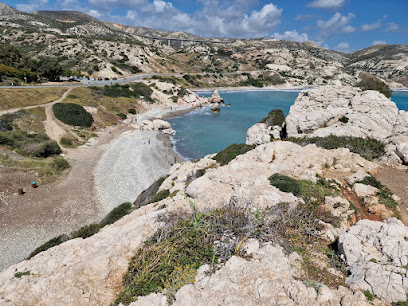
Kykkos Monastery
Discover the enchanting Kykkos Monastery in Cyprus, a remarkable blend of spirituality, history, and breathtaking mountain scenery.
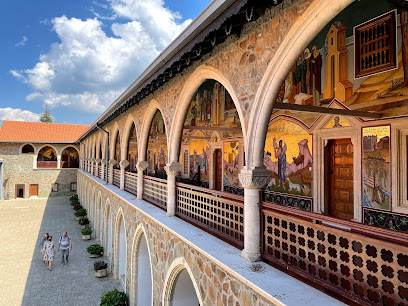
Caledonian Waterfall
Explore the breathtaking Caledonian Waterfall in Pano Platres, a serene natural wonder perfect for nature lovers and adventure seekers alike.
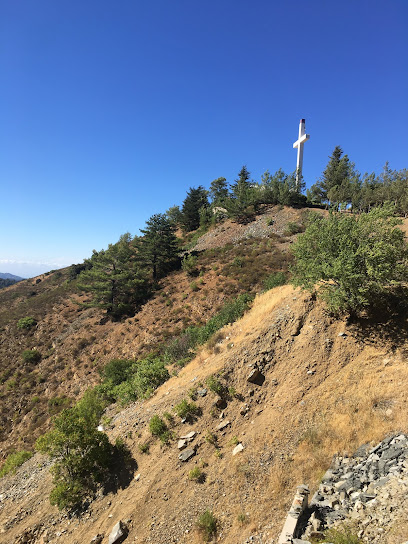
Timios Stavros Monastery
Discover the spiritual and historical charm of Timios Stavros Monastery in Omodos, a captivating destination for all travelers in Cyprus.
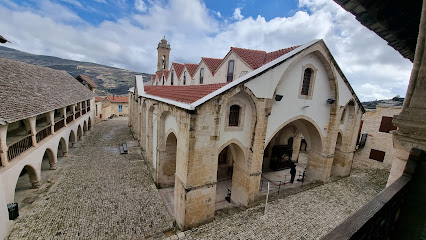
Millomeris Waterfall Trail
Discover the breathtaking Millomeris Waterfall Trail in Pano Platres, Cyprus, a stunning hiking area perfect for nature lovers and adventure seekers alike.
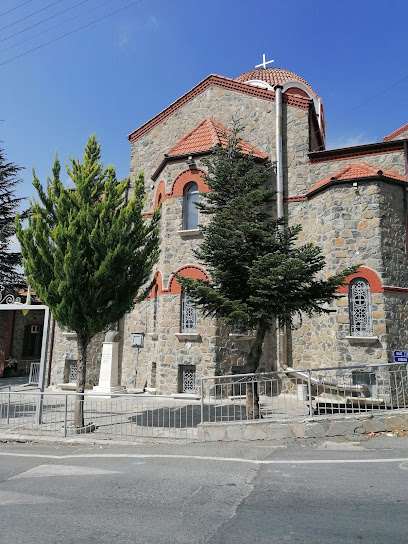
Tzelefos Bridge
Explore the enchanting Tzelefos Bridge in Cyprus, a historical landmark that beautifully blends architecture and nature, showcasing Venetian craftsmanship.
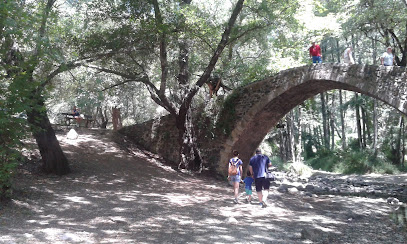
Holy Monastery of Panagia Machaira
Discover the tranquil beauty and rich history of the Holy Monastery of Panagia Machaira, a serene retreat in the heart of Cyprus.
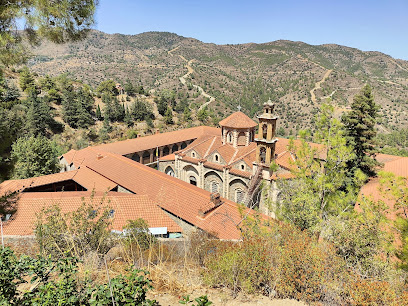
Troodos Mountains
Explore the enchanting Troodos Mountains in Cyprus – a haven for adventure, culture, and breathtaking natural beauty.
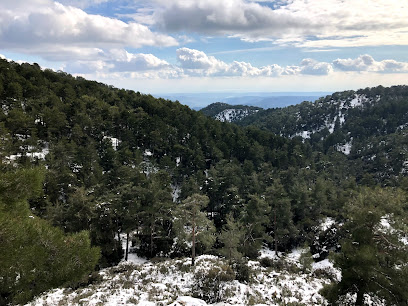
Artemis Trail
Explore the enchanting Artemis Trail in the Troodos Mountains, a stunning hiking route perfect for nature lovers and adventure seekers in Cyprus.
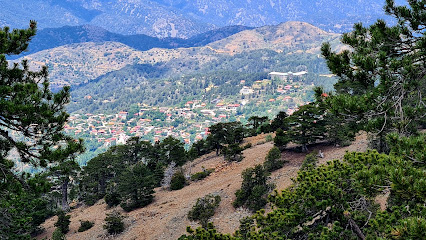
Chantara Waterfall
Experience the enchanting beauty of Chantara Waterfall, a serene retreat in Cyprus's national park, perfect for nature lovers and adventure seekers alike.
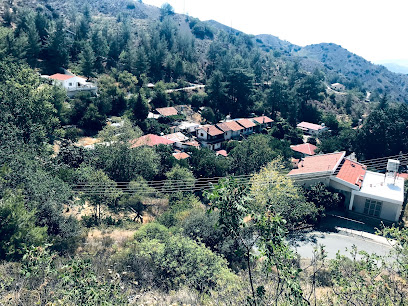
Trooditissa Monastery
Discover the tranquil beauty and spiritual heritage of Trooditissa Monastery, a remarkable pilgrimage site nestled in the mountainous landscapes of Cyprus.
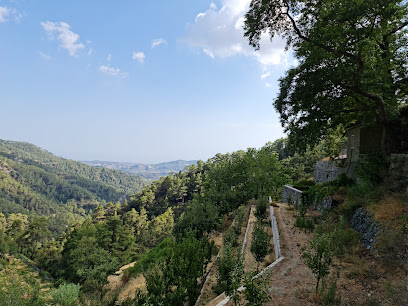
Shacolas Tower Museum and Observatory
Discover the rich history and stunning views of Nicosia at the Shacolas Tower Museum and Observatory, a unique destination in Cyprus.
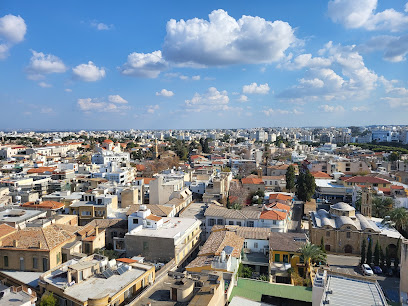
Monastery of Saint John Lampadistes
Explore the serene Monastery of Saint John Lampadistes in Kalopanayiotis, Cyprus—where history, spirituality, and nature meet in harmony.
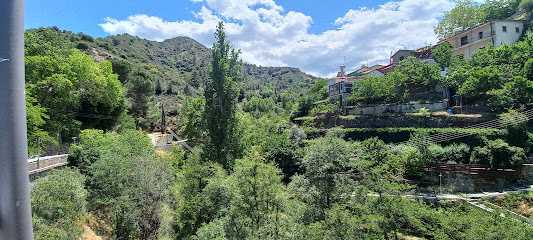
Troodos Botanical Garden
Explore the lush landscapes and diverse flora of Troodos Botanical Garden, a tranquil escape in the heart of Cyprus's stunning Troodos Mountains.
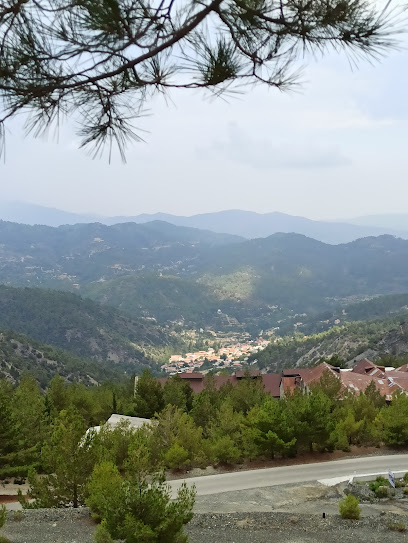
Millomeris Waterfall
Discover the enchanting Millomeris Waterfall in Pano Platres, a serene escape into Cyprus's stunning natural beauty.
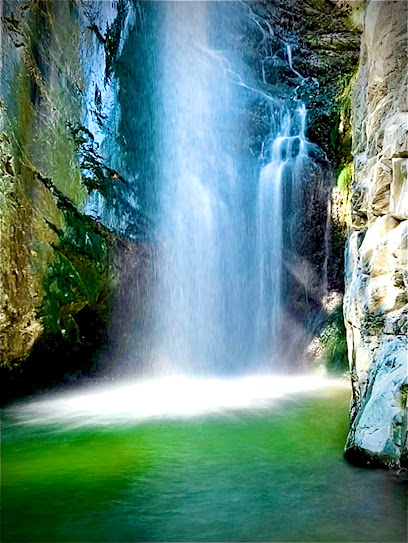
Unmissable attractions to see
Petra tou Romiou (Aphrodite's Rock)
Explore the legendary Aphrodite's Rock, a stunning coastal landmark in Cyprus, where myth meets breathtaking natural beauty.
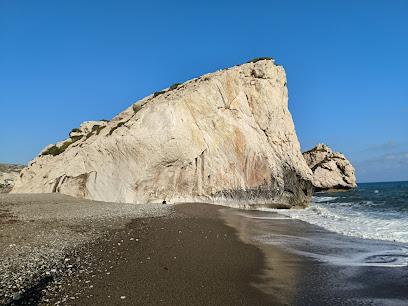
Archaeological Site of the Tombs of the Kings
Explore the Tombs of the Kings: A historical marvel in Cyprus showcasing ancient burial practices and stunning Hellenistic architecture.
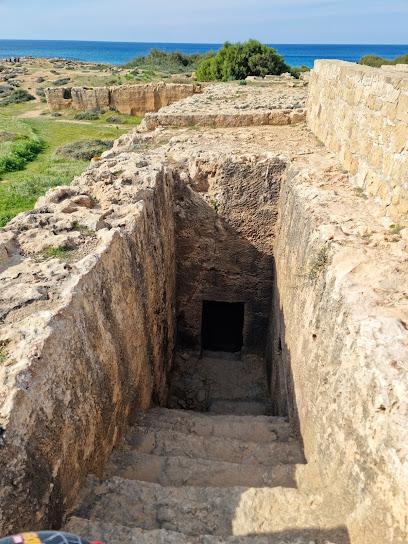
Limassol Marina
Explore Limassol Marina, a luxurious waterfront destination in Cyprus, offering exquisite dining, shopping, and stunning views of the Mediterranean.
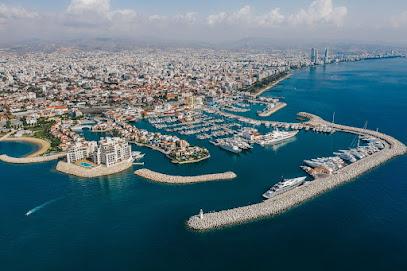
Kykkos Monastery
Explore the breathtaking Kykkos Monastery in Cyprus, a rich tapestry of spirituality, art, and stunning mountain scenery.
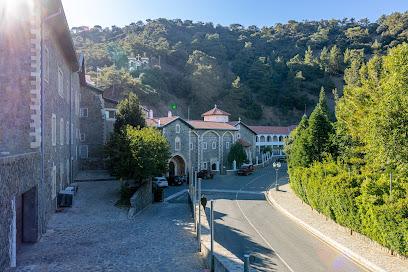
The Edro III Shipwreck
Explore the iconic Edro III Shipwreck in Peyia, Cyprus, where history meets stunning coastal beauty and unforgettable photo opportunities await.

Pafos Zoo
Explore Pafos Zoo, a family-friendly destination in Cyprus featuring diverse wildlife, educational exhibits, and beautiful gardens for an unforgettable experience.

Paphos Aphrodite Waterpark
Experience thrilling water rides and relaxing pools at Paphos Aphrodite Waterpark, the ultimate family fun destination in Cyprus.
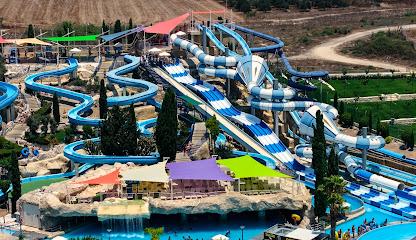
Limassol Castle - Cyprus Medieval Museum
Explore the enchanting Limassol Castle, a medieval fortress in Cyprus showcasing the island's rich history and stunning views.
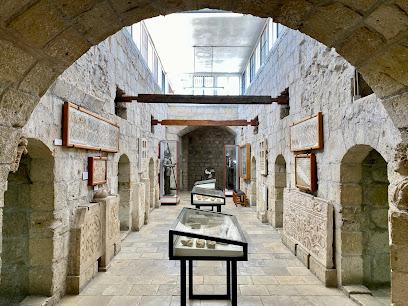
Paphos Castle
Explore the majestic Paphos Castle, a historical landmark in Cyprus, offering stunning coastal views and a journey through the island's rich past.
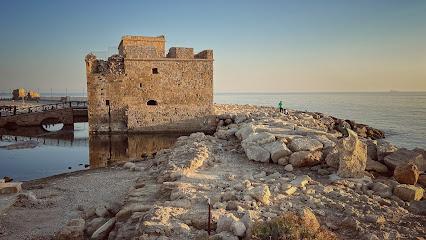
Adonis Baths Waterfalls
Discover the mythical Adonis Baths Waterfalls: Swim in rejuvenating waters, explore ancient history, and embrace the beauty of Cyprus.
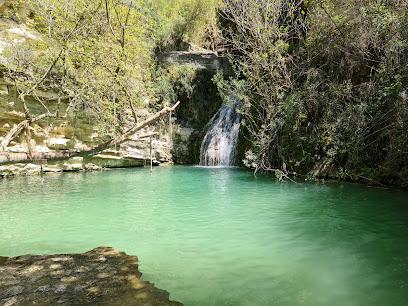
Avakas Gorge Nature Trail
Hike through a stunning natural gorge in Cyprus, with towering limestone cliffs, unique flora and fauna, and a refreshing, shaded environment.
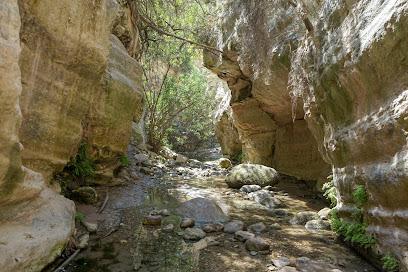
Kolossi Castle
Explore Kolossi Castle, a historical gem in Cyprus, showcasing medieval architecture and rich cultural heritage amid stunning landscapes.
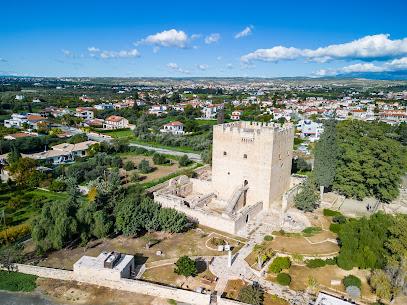
Υδροπάρκο Φασουρίου Watermania
Experience ultimate fun and excitement at Fasouri Watermania, Cyprus's largest water park with thrilling slides, relaxing pools, and family-friendly attractions.
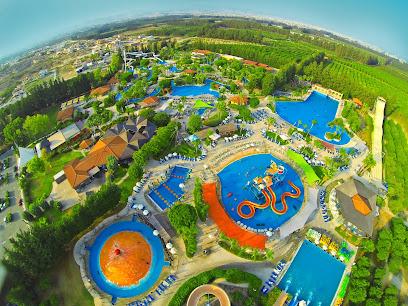
Timios Stavros Monastery
Experience tranquility and history at Timios Stavros Monastery, a must-visit spiritual haven in the heart of Omodos, Cyprus.
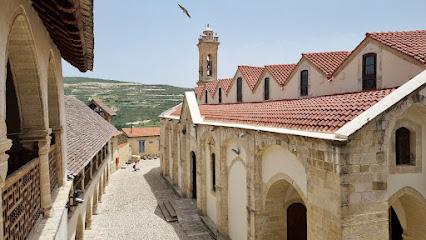
Kalidonia Waterfall
Experience the natural beauty of Kalidonia Waterfall in Pano Platres, Cyprus – a tranquil retreat for nature lovers and adventure seekers.
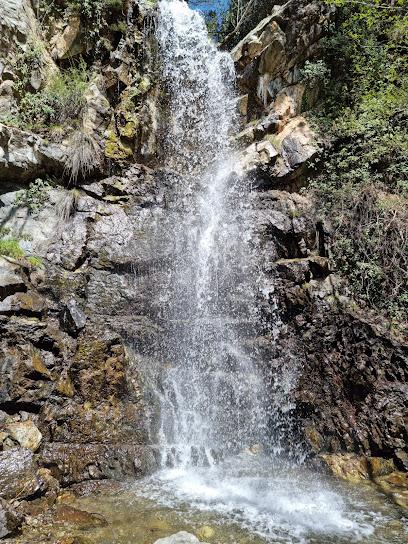
Essential places to dine
Symposio tavern
Experience authentic Cypriot cuisine at Symposio Tavern – where every dish tells a story.
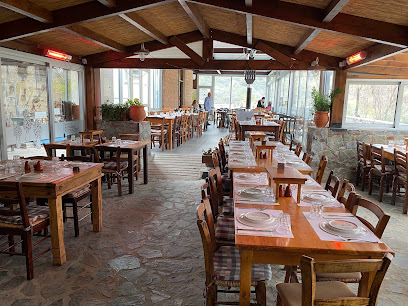
Skylight
Discover Skylight in Pano Platres - where breathtaking views meet authentic Cypriot cuisine for an unforgettable dining experience.
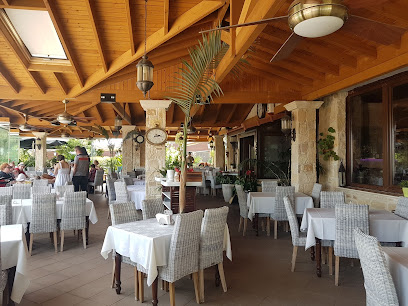
The Village Restaurant (Tavern)
Experience authentic Cypriot cuisine amidst breathtaking mountain views at The Village Restaurant in Pano Platres.
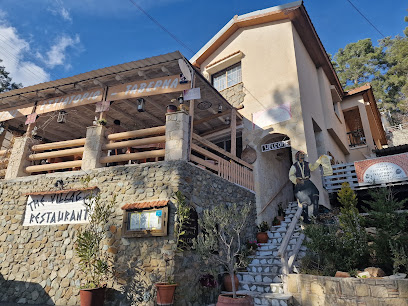
Stou Kir Yianni Guest house / Restaurant/Wine cellar
Discover authentic Cypriot cuisine at Stou Kir Yianni in Omodos—where tradition meets taste in a charming setting.
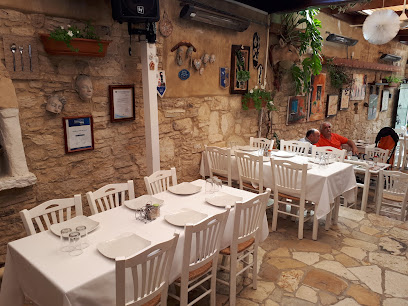
Psilo Dendro
Discover authentic Cypriot cuisine at Psilo Dendro in Pano Platres, where nature meets flavor in an unforgettable dining experience.
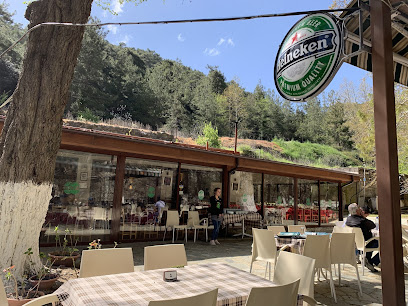
Troodos Hotel & Spa
Experience tranquility and adventure at Troodos Hotel & Spa - your gateway to Cyprus's breathtaking mountain landscapes.

Makris Restaurant
Experience authentic Cypriot cuisine at Makris Restaurant in Moniatis—where flavor meets tradition amidst stunning landscapes.
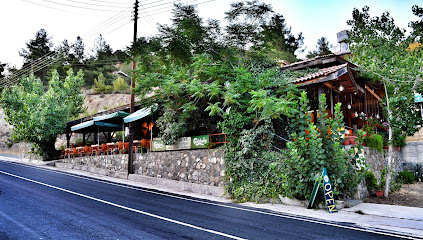
Two Flowers Hotel
Discover the charm of Pedoulas at Two Flowers Hotel - where comfort meets authentic Mediterranean flavors in Cyprus.
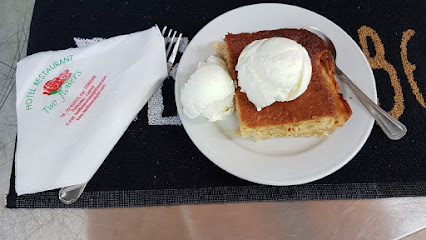
Kaledonia Rotis Taverna
Discover authentic Cypriot cuisine at Kaledonia Rotis Taverna in Pano Platres—where tradition meets breathtaking nature.
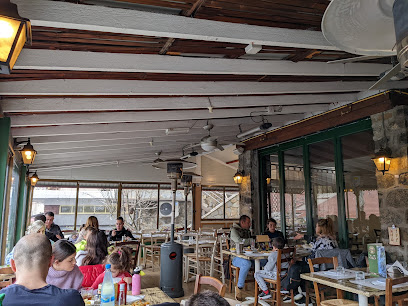
Chrysanthis
Experience the authentic flavors of Cyprus at Chrysanthis, where culinary tradition meets modern dining in a picturesque setting.
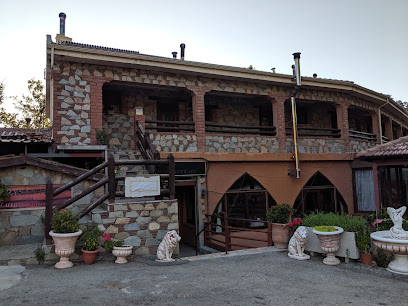
Το παλιό σινεμά
Experience authentic Cypriot flavors in a charming setting at Το παλιό σινεμά in Kalopanayiotis.
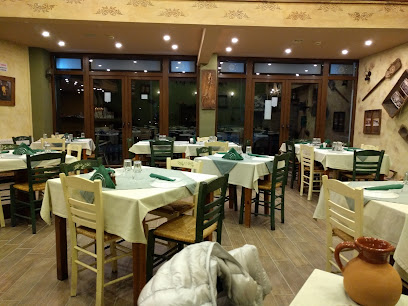
Ypárchō
Discover the authentic taste of Greece at Ypárchō in Latsia - where tradition meets flavor in every dish.
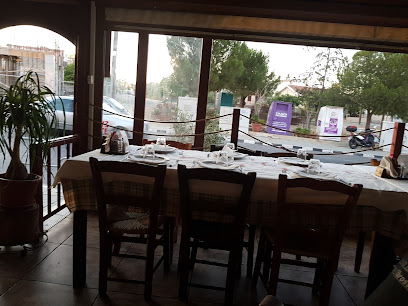
Seven Hills Restaurant Tavern
Discover traditional Cypriot flavors at Seven Hills Restaurant Tavern in Agros – where every dish tells a story.
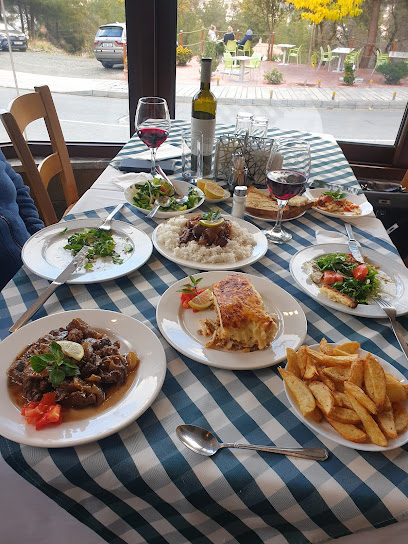
Louis Restaurant
Experience authentic Cypriot flavors at Louis Restaurant in Prodromos, where culinary tradition meets breathtaking mountain views.
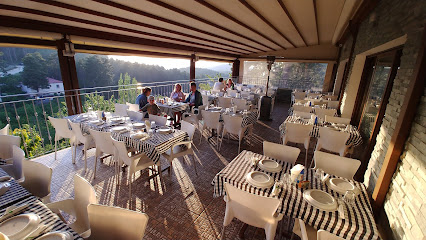
Amiandos Gardens Restaurant
Experience authentic Cypriot cuisine amidst stunning natural beauty at Amiandos Gardens Restaurant in Kato Amiantos.
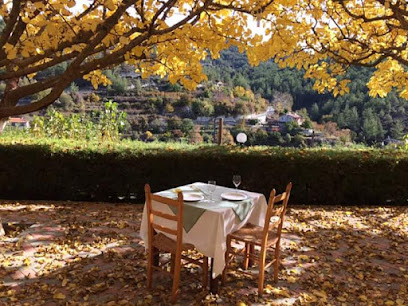
Markets, malls and hidden boutiques
Metropolis Mall@Larnaca
Discover the ultimate shopping experience at Metropolis Mall in Larnaca, featuring over 100 stores, dining options, and entertainment for the whole family.
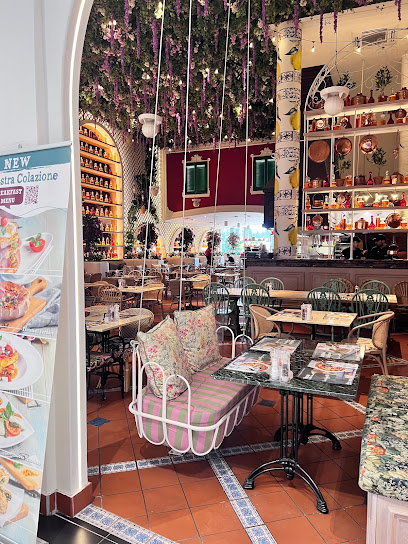
Lidl
Discover Lidl in Aglantzia: your go-to discount supermarket for quality products and local flavors in Cyprus.
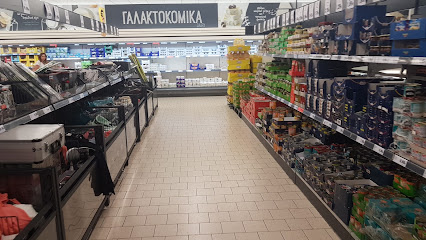
METRO Supermarket Platy
Explore a vibrant shopping hub in Cyprus with fresh produce, local delicacies, and friendly service at METRO Supermarket Platy.
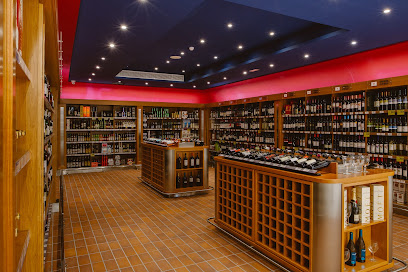
Pop Life Supermakets
Experience the vibrant selection at Pop Life Supermarkets, Strovolos - your budget-friendly stop for local and international groceries.
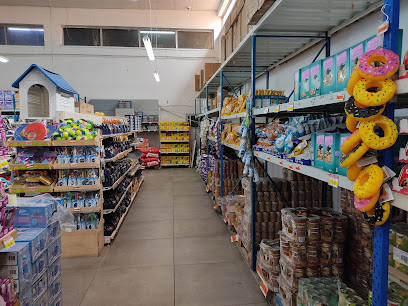
Sifounas Bakeries | Geri
Discover the authentic flavors of Cyprus at Sifounas Bakeries in Geri, where tradition meets deliciousness in every bite.
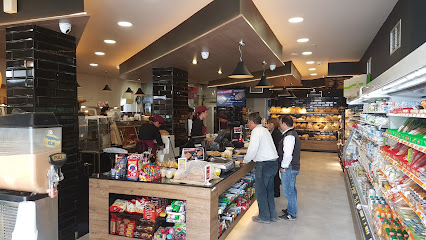
Iheart coffee roaster
Experience the rich flavors of expertly brewed coffee at Iheart Coffee Roaster in Aglantzia, Cyprus, a cozy retreat for coffee lovers.
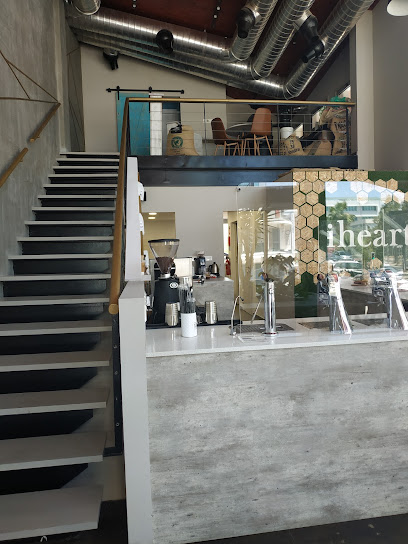
Olympic Supermarket
Experience the authentic flavors of Cyprus at Olympic Supermarket in Geri, where local produce meets friendly service.
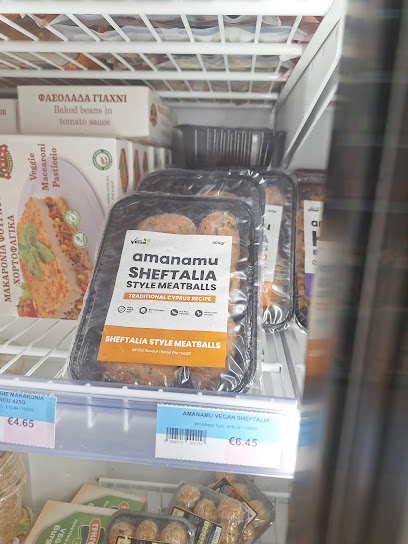
DogShop & Pet Supplies Pet Shop
Discover the ultimate pet shopping experience at DogShop & Pet Supplies in Geri, Cyprus, where quality products meet passionate service.
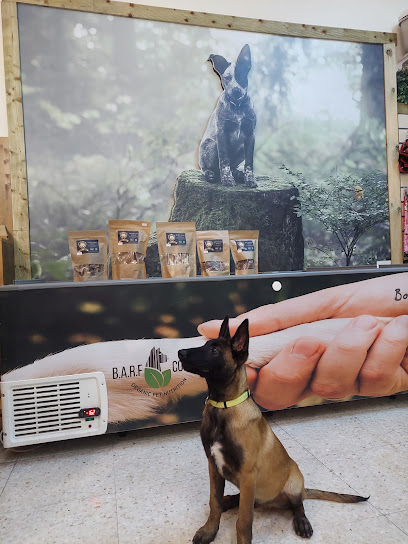
Cyprus Corner
Explore Cyprus Corner in Limassol for unique souvenirs and gifts that showcase the rich culture and craftsmanship of Cyprus.
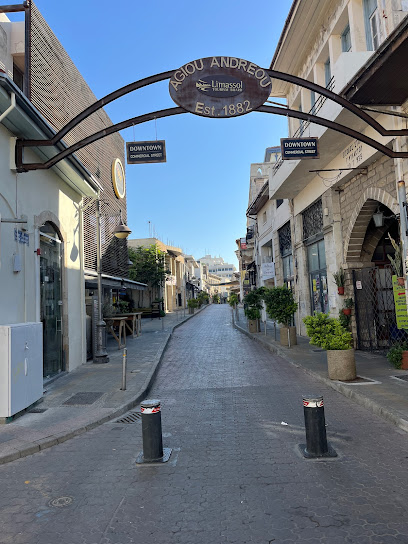
POW! The Shop
Explore POW! The Shop in Strovolos for unique gifts and collectibles that celebrate pop culture and creativity in Cyprus.
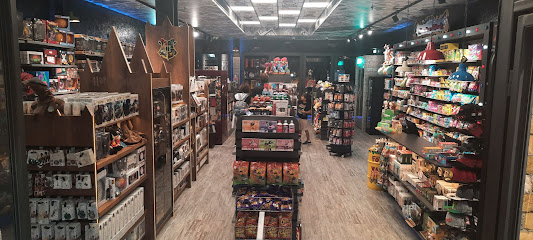
Supermarket Sofoula
Discover local flavors at Supermarket Sofoula in Pano Platres, your one-stop grocery store for fresh produce and Cypriot specialties.
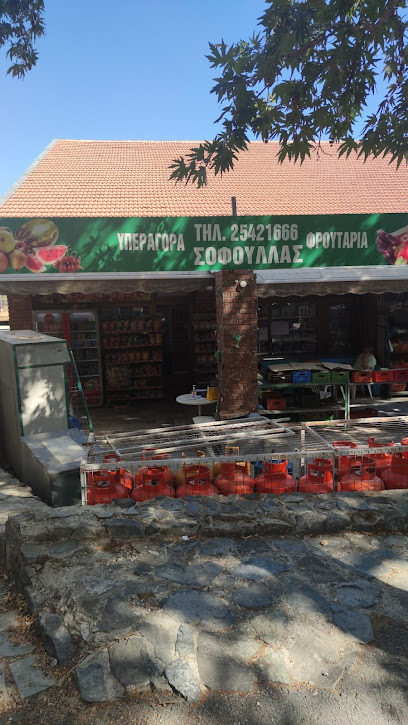
Σιαμισιη-Λοκμαδες της αντρης οι πολυτεκνοι
Discover the sweetness of traditional Greek lokmades at Siamisi in Geri, Cyprus, where every bite is a taste of heritage and joy.

MAS Κ&Γ ΔΙΟΜΗΔΟΥΣ
Explore MAS Κ&Γ ΔΙΟΜΗΔΟΥΣ in Geri, Cyprus, for a taste of local grocery delights and fresh produce that captures the essence of Cypriot cuisine.
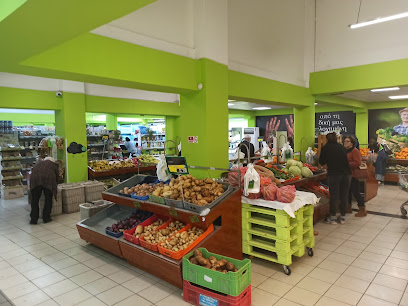
JANGO FASHIONS LATSIA
Explore JANGO Fashions in Latsia for the latest in men's clothing, where quality meets style in the heart of Cyprus.
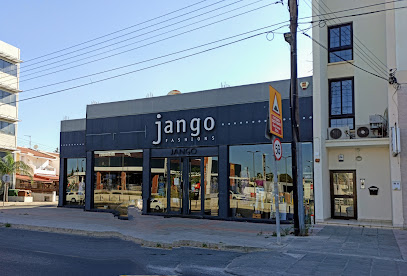
Lepus Gift Shop - Nicosia Mall
Explore unique gifts, stylish handbags, exquisite jewelry, and elegant watches at Lepus Gift Shop in Nicosia Mall.
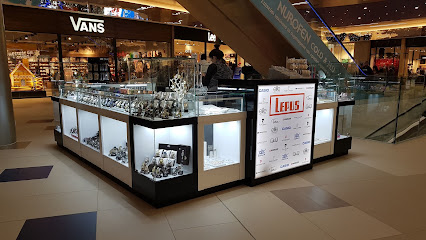
Essential bars & hidden hideouts
Symposio tavern
Discover the essence of Cypriot tradition at Symposio Tavern, where authentic flavors meet warm hospitality in the heart of Limassol.
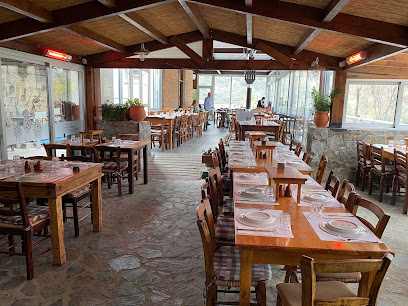
Stou Kir Yianni Guest house / Restaurant/Wine cellar
Discover the authentic flavors of Cyprus at Stou Kir Yianni, a charming guest house and restaurant nestled in the picturesque village of Omodos.
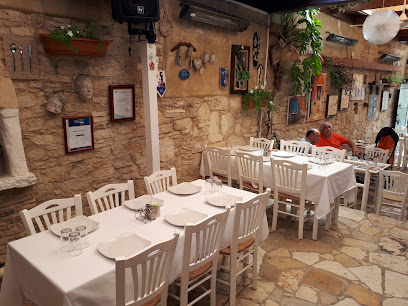
Psilo Dendro
Discover the authentic taste of Cyprus at Psilo Dendro, where local ingredients meet breathtaking mountain views for a memorable dining experience.
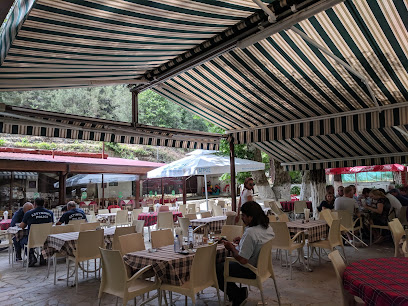
Troodos Hotel & Spa
Discover Troodos Hotel & Spa, where relaxation meets adventure in the heart of Cyprus's stunning mountains.

Makris Restaurant
Discover the flavors of Cyprus at Makris Restaurant, Moniatis - where authentic dishes meet warm hospitality in a stunning setting.
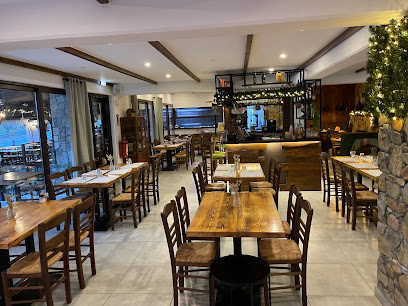
Christy's Ben Nevis
Discover the delightful flavors and stunning views at Christy's Ben Nevis, a cozy cafe nestled in the Troodos Mountains of Cyprus.
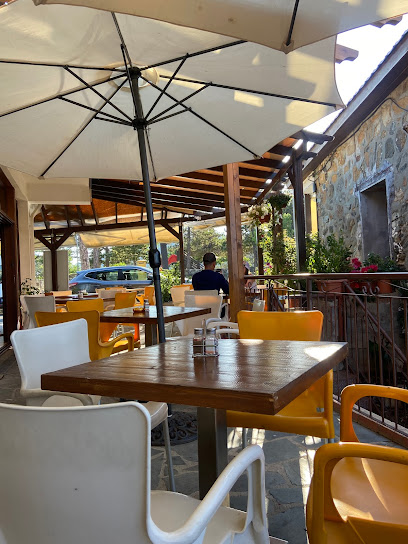
Troodos Restaurant & Bar
Discover the culinary delights of Troodos Restaurant & Bar, where stunning mountain views meet delicious local cuisine in the heart of Cyprus.
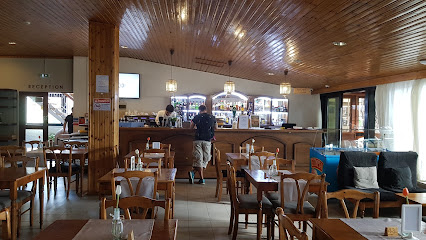
Orosimo Cafe Platres
Discover the charm of Orosimo Cafe in Pano Platres, where local flavors and breathtaking views come together for an unforgettable experience.
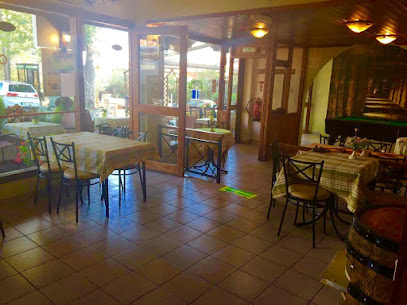
Fereos Restaurant
Discover the flavors of Cyprus at Fereos Restaurant, nestled in the breathtaking Troodos mountains, offering a delightful culinary experience.
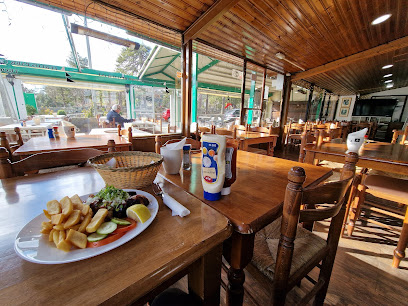
1725 Cafe - Bar
Experience the perfect blend of relaxation and excitement at 1725 Cafe - Bar in Cyprus's stunning Troodos mountains.
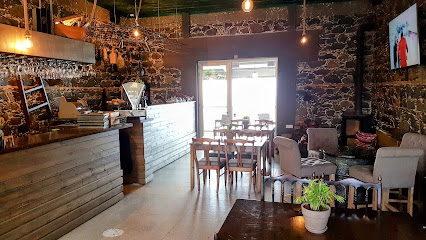
Cleopatra Le Bistro
Discover the flavors of Cyprus at Cleopatra Le Bistro, a cozy spot for Mediterranean cuisine nestled in the heart of the Troodos Mountains.
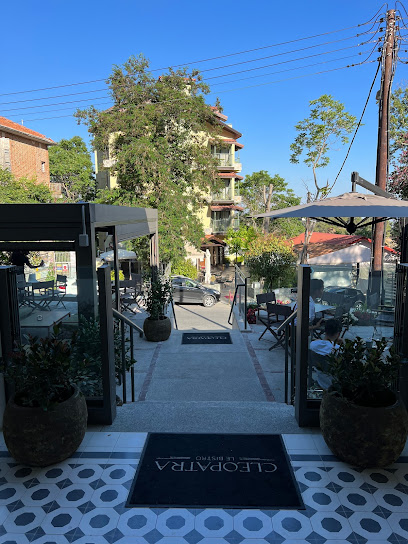
Tegridy Park
Experience the vibrant ambiance and stunning views at Tegridy Park, a must-visit bar in the beautiful hills of Pano Platres, Cyprus.
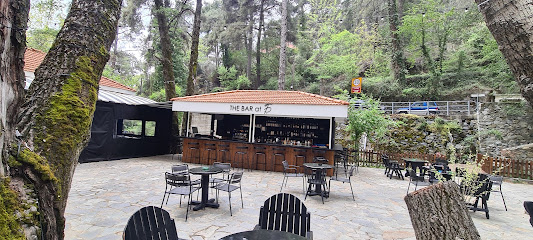
Oinou Strata - Luxury Agrotourism Suites & Wine Bar
Experience luxury agrotourism at Oinou Strata, where exquisite wines and stunning views unite in the heart of Vouni, Cyprus.
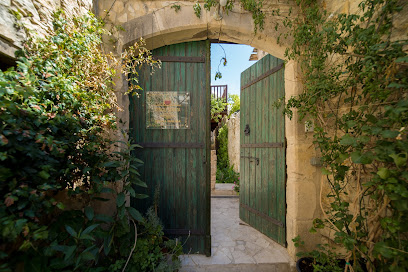
Pinea
Discover the flavors of Cyprus at Pinea, a picturesque restaurant nestled in the Troodos Mountains, offering delightful local cuisine and stunning views.
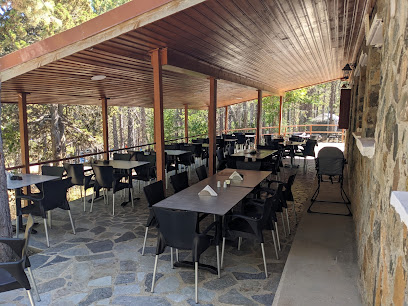
Local Phrases
-
- HelloΓεια σας
[Yia sas] - GoodbyeΑντίο
[Adio] - YesΝαι
[Ne] - NoΌχι
[Ohi] - Please/You're welcomeΠαρακαλώ
[Parakalo] - Thank youΕυχαριστώ
[Efharisto] - Excuse me/SorryΣυγγνώμη
[Signomi] - How are you?Πώς είσαι;
[Pos ise;] - Fine. And you?Καλά. Εσύ;
[Kala. Esi;] - Do you speak English?Μιλάτε Αγγλικά;
[Milate Agglika;] - I don't understandΔεν καταλαβαίνω
[Den katalaveno]
- HelloΓεια σας
-
- I'd like to see the menu, pleaseΘα ήθελα να δω το μενού, παρακαλώ
[Tha ithela na do to menou, parakalo] - I don't eat meatΔεν τρώω κρέας
[Den troo kreas] - Cheers!ΥΓΕΙΑ!
[Yia!] - I would like to pay, pleaseΘα ήθελα να πληρώσω, παρακαλώ
[Tha ithela na plirosso, parakalo]
- I'd like to see the menu, pleaseΘα ήθελα να δω το μενού, παρακαλώ
-
- Help!Βοήθεια!
[Voithia!] - Go away!Φύγε!
[Fiye!] - Call the Police!Καλέστε την Αστυνομία!
[Kaleste tin Astinomia!] - Call a doctor!Καλέστε γιατρό!
[Kaleste giatro!] - I'm lostΈχω χαθεί
[Eho hethi] - I'm illΕίμαι άρρωστος
[Eimai arrostos]
- Help!Βοήθεια!
-
- I'd like to buy...Θα ήθελα να αγοράσω...
[Tha ithela na agoraso...] - I'm just lookingΑπλά κοιτάω
[Apla kitao] - How much is it?Πόσο κοστίζει;
[Poso kostizi;] - That's too expensiveΑυτό είναι πολύ ακριβό
[Afto ine poli akribo] - Can you lower the price?Μπορείτε να μειώσετε την τιμή;
[Borite na miosete tin timi;]
- I'd like to buy...Θα ήθελα να αγοράσω...
-
- What time is it?Τι ώρα είναι;
[Ti ora ine;] - It's one o'clockΕίναι μία ώρα
[Ine mia ora] - Half past (10)Μισή (10)
[Misi (10)] - MorningΠρωί
[Proi] - AfternoonΑπόγευμα
[Apoyevma] - EveningΒράδυ
[Vradi] - YesterdayΧθες
[Hthes] - TodayΣήμερα
[Simera] - TomorrowΑύριο
[Aurio] - 1Ένα
[Ena] - 2Δύο
[Dio] - 3Τρία
[Tria] - 4Τέσσερα
[Tessera] - 5Πέντε
[Pente] - 6Έξι
[Exi] - 7Εφτά
[Efta] - 8Οκτώ
[Okto] - 9Εννιά
[Ennea] - 10Δέκα
[Deka]
- What time is it?Τι ώρα είναι;
-
- Where's a/the...?Πού είναι ένα/το...;
[Pou ine ena/to...;] - What's the address?Ποια είναι η διεύθυνση;
[Pia ine i diefthinsi;] - Can you show me (on the map)?Μπορείτε να μου δείξετε (στο χάρτη);
[Borite na mou dixete (sto charti);] - When's the next (bus)?Πότε είναι το επόμενο (λεωφορείο);
[Pote ine to epomeno (leoforeio);] - A ticket (to ....)Ένα εισιτήριο (για ...);
[Ena isitirio (gia ...);]
- Where's a/the...?Πού είναι ένα/το...;
History of Troodos
-
The Troodos mountain range, located in the heart of Cyprus, is a geological wonder formed millions of years ago through volcanic activity. Its highest peak, Mount Olympus, stands at 1,952 meters above sea level. This mountainous region has been a vital part of the island's landscape, offering a natural fortress and rich resources to its inhabitants over the ages.
-
Archaeological evidence reveals that the Troodos region has been inhabited since prehistoric times. Ancient settlements, such as those found in the village of Kalopanayiotis, show the early usage of the region’s natural resources. The discovery of ancient tools and remnants of early dwellings provides insight into the life of Troodos' earliest inhabitants.
-
During the Byzantine period, Troodos became a significant center for religious and cultural activity. The area is dotted with Byzantine churches and monasteries, many of which are UNESCO World Heritage Sites. The Church of Panagia Phorviotissa (Asinou) and the Monastery of Kykkos are prime examples, showcasing exquisite frescoes and icons from the 11th to the 15th centuries.
-
In the 15th and 16th centuries, Cyprus came under Venetian rule. The Venetians recognized the strategic importance of the Troodos mountains and fortified several villages to protect against Ottoman invasions. The remnants of Venetian bridges and fortifications can still be seen today, testifying to their efforts to defend the island.
-
The Ottoman Empire took control of Cyprus in 1571, bringing significant changes to the Troodos region. Ottoman architecture, such as the stone-built water mills and bathhouses, can still be found in villages like Kakopetria and Lofou. The period also saw the introduction of new agricultural practices and crops, which shaped the local economy.
-
In 1878, Cyprus was leased to the British Empire, marking the beginning of the British colonial period. Troodos became a popular summer retreat for British officials, who built mountain resorts and administrative buildings. The Troodos Hill Station, established during this time, remains a notable example of British colonial architecture.
-
Cyprus gained independence from British rule in 1960, leading to a period of significant development in the Troodos region. The construction of roads and improved infrastructure made the mountains more accessible. Today, Troodos is a popular destination for tourists, offering a blend of natural beauty, historical landmarks, and cultural heritage.
-
Troodos is not only rich in history but also in cultural traditions. The region is famous for its local crafts, including lace-making in the village of Lefkara and pottery in Phini. Festivals celebrating religious and seasonal events are held throughout the year, offering visitors a glimpse into the vibrant local culture.
Troodos Essentials
-
Troodos is located in the central part of Cyprus. The nearest international airports are Larnaca International Airport and Paphos International Airport, both approximately 1.5 to 2 hours away by car. From these airports, you can rent a car, take a taxi, or use public buses to reach Troodos. Buses run regularly from major cities like Nicosia, Limassol, and Larnaca to Troodos Square.
-
Transportation within the Troodos region can be quite flexible. Renting a car is a popular option, as it allows you to explore the picturesque villages and scenic routes at your own pace. Public buses are available but may not cover all the remote areas. Taxis are also available but can be expensive for longer trips. For a unique experience, consider cycling or hiking, as there are many trails designed for these activities.
-
The official currency in Cyprus is the Euro (EUR). Credit and debit cards are widely accepted in hotels, restaurants, and shops in Troodos. However, it is advisable to carry some cash, especially when visiting smaller villages or local markets. ATMs are available in Troodos Square and other larger villages.
-
Troodos is generally a very safe destination for tourists. Crime rates are low, but it's always wise to be cautious. Avoid leaving valuables in plain sight in your vehicle and stay vigilant in crowded areas. There are no specific high-crime areas targeting tourists in Troodos, but standard travel precautions should be followed.
-
In case of emergency, dial 112 for immediate assistance, which connects you to police, fire, and medical services. Troodos has a local police station and some medical facilities, but for serious medical emergencies, you may need to travel to a larger city. Pharmacies are available in the area for minor health issues. It is advisable to have travel insurance that covers medical emergencies.
-
Fashion: Do dress modestly, especially when visiting religious sites. Avoid wearing overly revealing clothing. Religion: Do respect local customs and traditions. Always cover your head when entering monasteries and churches. Public Transport: Do be polite and considerate. Offer your seat to elderly passengers and avoid loud conversations. Greetings: Do greet people with a friendly 'Kalimera' (Good Morning) or 'Kalispera' (Good Evening). A handshake is common. Eating & Drinking: Do try local delicacies like halloumi cheese and souvlaki. Don’t refuse food or drink offerings as it may be considered impolite.
-
To experience Troodos like a local, visit the traditional villages such as Kakopetria and Omodos. Engage with the locals who are often friendly and willing to share stories about their heritage. Participate in local festivals and events, which offer a glimpse into Cypriot culture. Don’t miss the chance to visit the UNESCO-listed Painted Churches of Troodos, renowned for their stunning frescoes.
Trending Landmark in Troodos
-
Petra tou Romiou (Aphrodite's Rock)
-
Kykkos Monastery
-
Caledonian Waterfall
-
Timios Stavros Monastery
-
Millomeris Waterfall Trail
-
Tzelefos Bridge
-
Holy Monastery of Panagia Machaira
-
Troodos Mountains
-
Artemis Trail
-
Chantara Waterfall
-
Trooditissa Monastery
-
Shacolas Tower Museum and Observatory
-
Monastery of Saint John Lampadistes
-
Troodos Botanical Garden
-
Millomeris Waterfall
Nearby Cities to Troodos
-
Things To Do in Limassol
-
Things To Do in Pissouri
-
Things To Do in Polis Chrysochous
-
Things To Do in Paphos
-
Things To Do in Kato Paphos
-
Things To Do in Kyrenia
-
Things To Do in Nicosia
-
Things To Do in Larnaca
-
Things To Do in Famagusta
-
Things To Do in Ayia Napa
-
Things To Do in Protaras
-
Things To Do in Alanya
-
Things To Do in Batroun
-
Things To Do in Beirut
-
Things To Do in Byblos













